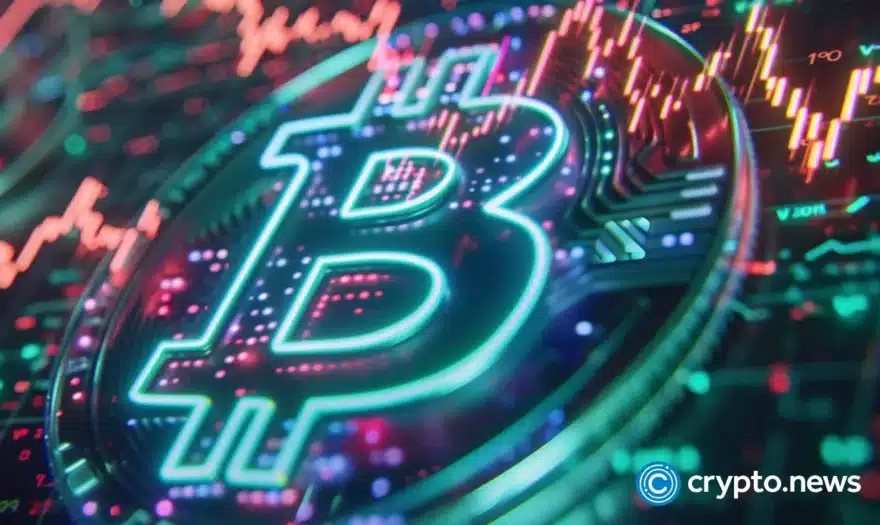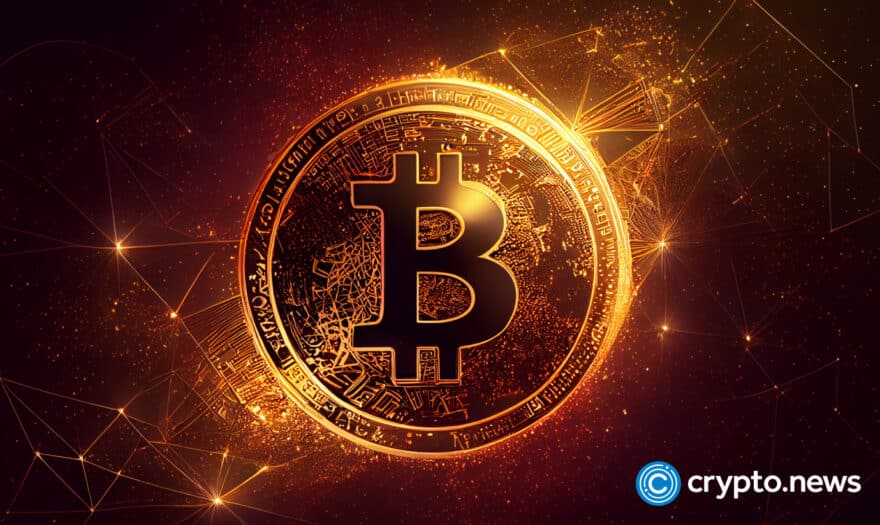Coinbase Co-Founder Fred Ehrsam: Importance of Decentralized Exchanges and Protocols

Upon the finalization of the nationwide ban on cryptocurrency exchanges by the Chinese government, the demand for decentralized and peer-to-peer trading platforms is anticipated to drastically increase in the upcoming years.
As Fred Ehrsam, the co-founder of Coinbase and former Goldman Sachs trader explained in an analytical blog post entitled “Why Decentralized Exchange Protocols Matter,” three critical components that are vital for the operations of decentralized exchanges; they are on-blockchain trade clearing, non-custodial cryptocurrency wallets, and the execution of distributed order books.
Several projects such as 0x, Swap, and OmiseGO have created unique decentralized exchange protocols and successfully implemented on-blockchain trade clearing and non-custodial cryptocurrency wallets.Ehrsam defined decentralized exchange protocols as the combination of a trade order format, incentivization of those who spread orders, and a method to complete trades. While decentralized exchanges have some combination of decentralized properties, such as on-blockchain trade clearing, due to the lack of sufficient scaling on major blockchain networks including Bitcoin and Ethereum, the hosting of decentralized order books cannot be executed at the current stage.
In an interview with JoongAng Daily, one of South Korea’s largest business and finance news publications, Ethereum co-founder Vitalik Buterin revealed that it could take anywhere from two to five years to scale the Ethereum network to an extent in which large-scale decentralized applications with millions of users can be supported. The launch of decentralized exchange protocols will depend on the scalability of blockchain networks like Ethereum, and for fully functional and automated smart contracts-based decentralized cryptocurrency trading platforms to launch, it may take several years of development and testing.
Buterin stated:
“I would say two to five [years to scale], with early prototypes in one year. The various scaling solutions, including sharding, plasma and various state channel systems such as Raiden and Perun, are already quite well thought out, and development has already started. Raiden is the earliest, and its developer preview release is out already.”
While it is challenging at a technical level and expensive to develop, as Ehrsam noted, there are clear benefits of decentralized exchanges. One vital merit of decentralized exchanges is their ability to enable users to remain full control over their funds.
Since 2016, some of the largest trading platforms in the world including Bitfinex and Bithumb have been hacked. Bitfinex lost over $80 million in its funding and Bithumb reported a theft of over $1 million. The two exchanges, which remain as two of the largest trading platforms in the market in daily trading volumes, were able to compensate users and cover their losses with corporate funds. But, if the scale of the security breaches were bigger and the exchanges could not cover the losses with their capital, investors would have lost their funds.
Decentralized exchange protocols completely eliminate the possibility of theft and security breaches. Even if the platforms are hacked, because sensitive information and private keys are held by the traders and users, hackers will not be able to gain access to user funds.
More to that, Ehrsam explained that decentralized cryptocurrency trading platforms would further increase the liquidity of cryptocurrencies.
“First, extending the idea of global order books, decentralized exchange protocols create even more global pools of liquidity. Orders share the same format and can be matched by anyone in any venue, from a p2p relay network to a decentralized exchange app to a text message,” wrote Ehrsam.
Also, since investors on decentralized trading platforms can trade cryptocurrencies without going through complex Know Your Customer (KYC) and Anti-Money Laundering (AML) verification processes, decentralized exchange protocols could ease the process of trading for the general consumer base.
More importantly, decentralized exchanges would allow traders and investors in regions like China to circumvent government agencies and financial regulators to trade cryptocurrencies freely. Governments have the power to shut down regulated exchanges because they exist physically. But, purely peer-to-peer decentralized exchange protocols that exist virtually cannot be regulated or prohibited.












